Our experienced team can answer all your tenant queries so contact us if you want to ask anything or please see the tenant & applicant FAQ’s below for some of the more common questions. We have properties coming to the market all the time so if you do not see a property that meets your needs on our website then Register your details and receive email alerts that you can tailor for your specific needs.
Before you start searching for your new home it’s a good idea to write down a budget. What are your current outgoings and what money do you have left each month to spend on rent? Take into account that, when you first move in, you may also need to find a deposit as well as the first month’s rent in advance.
Once you have viewed one of our properties and decided that you would like to apply, Contact Us to start the process. You will not be asked to pay any fees or charges in connection with your application for a tenancy. We will, however, require a Holding Deposit equivalent to one weeks’ rent for the property you are interested in which reserves the property for you for the duration of the application process. Once paid, we will send you a link to complete an application form. The Holding Deposit will be held for 15 calendar days (unless otherwise expressly agreed) during which time we will complete all tenancy documents and the amount will be credited to the first month’s rent. The Holding Deposit will be withheld if any relevant person (including any guarantor(s)) withdraw from the tenancy, fail a Right-to-Rent check, provide materially significant false or misleading information, or fail to sign their tenancy agreement (and/or Deed of Guarantee) within 15 calendar days.
Referencing is nothing to worry about. Tenants applying to rent need to give details of their employer and income, bank details and their previous address and previous/current landlords These details will be checked to ensure suitability and affordability and further will be sent to our partner referencing agency, Van Mildert, who carry out tenant referencing on our behalf. It is standard practice for a letting agency to check their tenant’s references. Do I need to provide any further information or documents for referencing? Depending upon your personal circumstances you may be asked for additional documents for example if you self-employed or retired you may be asked to provide proof of income or an accountant’s reference.
If a tenant is not fully approved by the referencing process, they can ask a guarantor to support them. A guarantor will agree to take joint responsibility for the rent for the property if the tenant fails to. Guarantors are required to pay any rent arrears (if the tenant does not pay) and for any damages costing more than the deposit.
A guarantor needs to be referenced in the same way as the applicant. They would normally be required to be employed and resident in the UK with sufficient earnings to cover your rental commitment. The Guarantor is responsible for paying any rent arrears if the tenant does not pay and any damages costing more than the deposit. Due to the potential level of financial commitment required, we normally find guarantors are family members rather than friends.
Once a tenant has been approved through the referencing process, we will contact you to arrange a date when you would like to move in to your new home. On that day you will need to come to our office to sign the relevant tenancy paperwork and collect your new keys.
We will email you a few days before your appointment with a list of everything you will need to bring with you, this will usually include a proof of residency (such as a utility or council tax bill from the last 3 months) and proof of ID (such as a passport or driving licence). The email will also include information about your tenancy for you to read in advance such as the Tenancy Agreement, Government ‘How To Rent Guide’ and Energy Performance Certificate. On the day of your appointment, we will provide copies of all documents that require signing, so you do not need to print those off to bring with you. You will need to pay the first month’s rent (less the Holding Deposit that has already been paid) plus a Security Deposit before starting your tenancy which can be done via Debit Card, bank transfer or cash at the appointment.
Your tenancy agreement requires that the property is kept in good condition and in good order as well as pay the agreed rent. The Landlord requires a security deposit in case you fail to pay your rent and to ensure that any damages (over and above fair wear and tear) to the property at the end of the tenancy At the beginning of your tenancy we will provide you with factsheet guides about Fair Wear & Tear and also about responsibilities for maintenance so it is clear what is expected of both tenants and landlords so there are no ‘grey areas’ at the end of the tenancy.
Landlords and letting agents are required to register your Security Deposit with an approved Tenancy Deposit Scheme. The deposit is registered and held by either the landlord, the agent or the deposit scheme itself. Either way, you will receive full details of the scheme, explaining where the deposit is held and a deposit certificate. What does a Tenancy Deposit Scheme do? A Tenancy Deposit Scheme safeguards the deposit for you and can offer assistance should there be a dispute about the deposit at the end of the tenancy.
For most of our properties we will conduct a check-out service on behalf of the landlord, assessing the condition of the property in relation to the inventory. We will report the results to both you and the landlord. If the tenancy has been conducted in a satisfactory manner and the property is in good order your deposit will then be returned in accordance with the terms of the Tenancy Deposit Scheme. If there are deductions to be made you will be given details of this which can then either be agreed or disputed via the Tenancy Deposit Scheme resolution service. Where a landlord themselves have registered the deposit, they will liaise with you directly regarding the deposit release which will again be in accordance with the terms of the relevant scheme. We endeavour to make the deposit return process trouble free so that you can get your deposit back (where applicable) as quickly as possible.
By signing a tenancy agreement, you are agreeing to abide by all the terms contained within it. The most common duties you must perform as a tenant are to pay your rent on time, pay household bills without delay, report any damages you notice and maintain the cleanliness of the property and upkeep of the gardens, all in a ‘tenant like manner’.
The landlord will insure the property, however, not your contents so we would advise you to purchase a contents insurance policy to the value of possessions you are bringing into the property. You can get specialist tenant insurance from most insurers, and we can recommend providers if required.
It is a standard clause in our contracts that pets are not allowed in a property without the Landlords permission. Please note that it is a condition of permission being given that the property is clean (including carpets) to a professional standard at the end of the tenancy.
The landlord is responsible for maintaining the property in a good state of repair. The Landlord will either take care of this directly or via Lakes Estates. If you do damage to the property, you would normally be expected to cover the cost of putting this right. We provide a Maintenance Responsibilities guide at the start of your tenancy so that you have an overview of your responsibilities and what those of the landlord are.
Don’t worry – accidents happen. Tell whoever is responsible for the property maintenance (either the landlord or us) as soon as possible. You will be expected to cover the cost of putting it right. Don’t try to ignore or hide damage because it could get worse, and it will only come out of your deposit at the end of the tenancy if you have not put it right.
A tenant can only decorate or make changes to the property with the express permission of the landlord. We recommend receiving this permission in writing which may be via Letting Centre Carlisle if we manage the property. If you are thinking of making any changes, contact us for advice in advance and we will be happy to help.
A landlord has to give a tenant 24 hours’ notice in writing before entering the property, unless it’s an emergency, where upon they or their agent can enter under necessity.
If you are tied into a Fixed Term contract and you wish to end the tenancy before the end of the fixed term, this would be classed as an Early Termination. You will be liable for the rent until the fixed term is finished as well as the landlord’s costs in re-letting the property. If you are no longer in a fixed term contract (ie. a rolling contract) your tenancy agreement will define the notice you need to give which is usually two months for a standard Assured Shorthold Tenancy. You will usually be required to give your notice in writing under the terms of the agreement. If you are unsure about any of the requirements in your tenancy contact us and we will be able to advise you.
It is always your responsibility to ensure your rent it paid, but circumstances change. The most important thing is not to let arrears pile up until they are unmanageable. The best thing to do is always speak to your landlord or letting agent as soon as you think there may be problems so that they can help. It may be possible to reschedule your payments to help overcome a short-term problem. Your landlord is entitled to charge interest on unpaid rent once it is more than 14 days in arrears. The Unpaid Rent Interest Rate is 3% above the Bank of England Base Rate from Rent Due Date until paid. Are there any other fees that might be incurred during my tenancy? If you request a Variation or Novation of Contract there will be a fee of £50 (inc. VAT) to cover the costs associated with taking landlord’s instructions as well as the preparation and execution of new legal documents. Examples of a Variation of Contract include a change of tenant(s) or granting authorisation to carry out a previously prohibited practice such as sub-letting, having a pet or redecoration. Extending or renewing an existing tenancy on the same terms will not incur any fees for the tenants.
Let us know as soon as possible. For most of our properties we hold spare keys and will be able to provide you access and organise replacement keys at short notice. Tenants are liable to the actual cost of replacing any lost key(s) or other security device(s). If the loss results in locks needing to be changed, the actual costs of a locksmith, new lock and replacement keys for the tenant(s), landlord, Agent and any other persons requiring keys will be charged to the tenant. If extra costs are incurred there will be a charge of £15 per hour (inc. VAT) for the time taken replacing lost key(s) or other security device(s), including attending a call-out for re-entry.

If you have any questions about our valuation process or would like to know more, speak to one of our team members.
